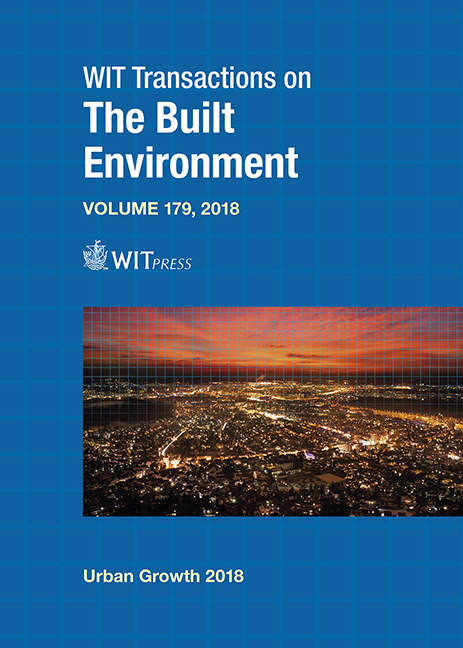THE REUSE OF RECLAIMED WATER IN URBAN AREAS: A COST–BENEFIT ANALYSIS
Price
Free (open access)
Transaction
Volume
179
Pages
10
Page Range
323 - 332
Published
2018
Size
270 kb
Paper DOI
10.2495/UG180301
Copyright
WIT Press
Author(s)
ALBERTO DEL VILLAR
Abstract
The high levels of quality required for urban wastewater treatment represent an opportunity to have an easily accessible resource with the high potential for use in urban activities. Traditionally, reclaimed water has been used in agriculture (irrigation), recreational and sports activities (irrigation of golf courses) and environmental uses. There are almost no cases of reusing water for urban activities, with very few exceptions, as watering parks and gardens or street cleaning. However, in an environment of increasing activities that use water and the scarcity of natural resources, reclaimed water has become an alternative for economic activities, and urban uses have acquired a higher value. The cost of generating these water resources is presented as apparently higher than the cost of a resource of natural origin. However, the benefits of using these types of resources far outweigh the cost of their availability. This facilitates the sustainable development of urban agglomerations, but does not undermine the existing natural resources. The objective of the present work is to perform a cost-benefit analysis of the reclaimed water option in the field of urban and economic activities, aside from the agricultural and recreational and sports activities that have traditionally resorted to this resource, in order to give value to this type of resource. The analysis will be illustrated with a case study and a quantitative assessment of the reuse program of reclaimed water carried out in Madrid.
Keywords
water cost, reclaimed water, resource cost, economic value of water, circular economy





